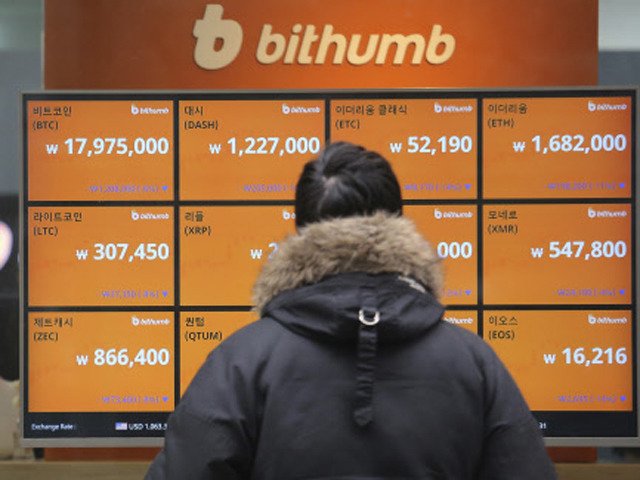India has sent expense notification to countless individuals managing in digital money after an across the country review indicated more than $3.5 billion worth of exchanges have been directed over a 17-month time frame, the salary assess division said.

Educated youthful financial specialists, land players and goldsmiths are among those put resources into bitcoin and other virtual monetary forms, impose authorities told Reuters in the wake of social event information from nine trades in Mumbai, Delhi, Bengaluru and Pune.
Governments around the globe are thinking about how to direct digital currency exchanging, and policymakers are required to examine the issue at a G20 summit in Argentina in March.
India has issued rehashed notices against advanced cash speculations, saying these resembled "Ponzi plans" that offer uncommonly exceptional yields to early financial specialists.
Be that as it may, it has not so far forced checks on an industry evaluated to include 200,000 clients in India consistently.
BR Balakrishnan, an executive general of examinations at the pay charge division in the southern territory of Karnataka, said sees were sent after the study to evaluate the entrance and examples of virtual cash exchange.
"We can't deliberately ignore. It would have been unfortunate to hold up until the point that the last decision was out on its lawfulness," he told Reuters.
The expense office has asked individuals managing in bitcoin and other virtual monetary forms, for example, ethereum and swell to pay impose on capital increases. They have likewise requested insights about their aggregate property and the wellspring of assets in the duty see seen by Reuters.
"We found that financial specialists were not thinking about it their expense forms and as a rule, the speculation was not represented," Balakrishnan said.
Bitcoin, the world's greatest digital currency, took off more than 1,700 percent a year ago, hitting a record high barely short of $20,000 as institutional and retail financial specialists around the globe gobbled up the virtual money.
Its gigantic increases have pulled in the consideration of worldwide controllers entrusted with shielding financial specialists from misrepresentation.
As of late, Japan and China have made commotions about an administrative crackdown, while South Korean policymakers said they were thinking about closing down local virtual money trades.
An Indian fund service official said a government advisory group was investigating the likelihood of forcing limitations on virtual monetary forms and that in the end parliament would need to enact an administrative administration.
Authorities at Zebpay, India's driving bitcoin trade, said the business was including close to 200,000 clients consistently with an expected exchange volume of around 20 billion Indian rupees ($315 million).
"A significant number of our clients are treating computerized cash like gold," said Zebpay prime supporter Saurabh Agarwal.
Aman Kalra, showcasing head of Coinsecure, a bitcoin trade in New Delhi, said more than 150 bitcoins were changing hands each week through its stage. The organization has 100,000 enrolled clients and is presently propelling a stage to offer ethereum and other computerized monetary standards.
"I don't figure anybody in the administration should name our business as a 'Ponzi plot', we are not doing anything unlawful," said Kalra.
Assessment investigators said they looked for assistance from specialists in blockchain, the innovation that supports bitcoin, to direct the overview.
Sometimes, charge authorities themselves partook in the exchange to recognize escape clauses after they discovered financial specialists had poured in billions of dollars through unregulated trades. The greatest stress for New Delhi, the back service official stated, was the means by which to ensure financial specialists exchanging on seaward trades.
Officially several financial specialists have gone to the police and courts with protestations of exchanges in virtual monetary forms that ended up being false, said Pavan Duggal, a Supreme Court legal advisor gaining practical experience in cybercrimes.
"Considering digital forms of money are setting down deep roots, the legislature must consider allowing restricted legitimateness while guaranteeing that these are not utilized for crypto violations," he said.